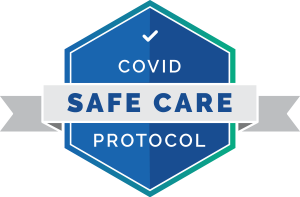Find out how we’re taking extra care—so you don’t have to delay your treatment. Learn More
- AboutMenuMenu
- ConditionsMenuMenuMenuMenuMenuMenu
- Treatments
Minimally Invasive Treatments
MenuMenuPain Management
MenuMinimally Invasive Treatments
MenuMenuPain Management
Menu - ResourcesMenu
- Schedule a Callback


